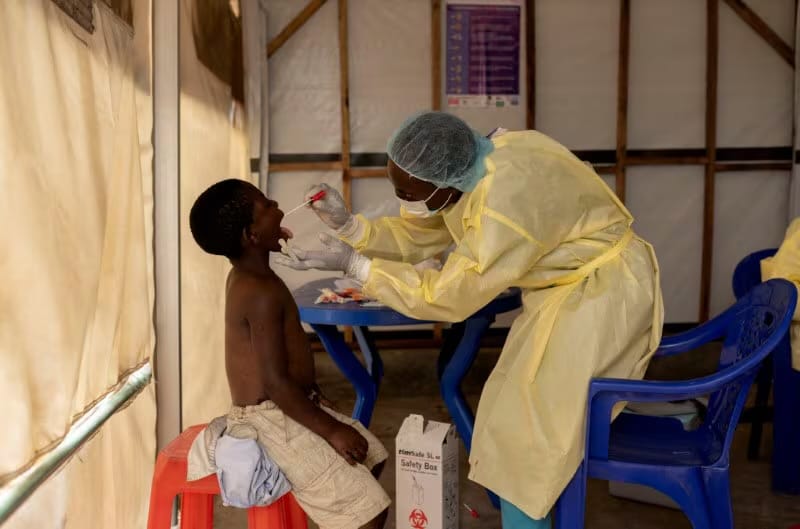Spread of the New Variant
The World Health Organization (WHO) has issued a global alert regarding the spread of the clade Ib variant of mpox, which has already been detected in over 40 countries worldwide.
Originally confined to Central and West Africa, this variant is now showing signs of community transmission even in non-endemic regions like Europe and Asia.
Why Clade Ib is Concerning
Although clade Ib is not proven to be more severe than previous strains, several factors are alarming experts:
- Expansion into regions previously unaffected, including importation and local spread beyond Africa.
- Detection among new population groups and in settings without recent travel history.
- Its symptoms overlap with other common illnesses, making early recognition harder and creating risk of undetected spread.
Reac Also: Popular Breast Cancer Myths That Put Victims at Risk
Five Key Symptoms to Watch Out For
If caught early, mpox can be managed more effectively. The WHO-flagged variant shares many signs with earlier outbreaks:
- Fever and chills – Often the first indication of infection.
- Painful skin rashes or lesions – Start as red spots and can progress to blisters and scabs, often appearing on the face, palms, genitals or mouth.
- Swollen lymph nodes – A standout indicator that can help distinguish mpox from other rash illnesses.
- Muscle pain and fatigue – Reflects the body’s immune response.
- Sore throat or headache – Early symptoms that may be mistaken for flu unless followed up carefully.
What This Means for Africa & the World
- Although Africa continues to carry the bulk of confirmed cases, rising detection in non-endemic countries signals a shift in transmission dynamics.
- The WHO currently assesses risk as moderate for men who have sex with men and low for the general global population, yet stresses continued vigilance.
- Vaccination campaigns, enhanced surveillance and early diagnosis remain critical strategies.
What You Can Do
- Be alert to the five key symptoms listed above and seek medical advice if you notice any unusual rashes or swelling.
- Maintain good hygiene, avoid close contact with individuals showing unexplained sores or lesions, and disinfect shared materials.
- Stay up to date on official health-guidance in your country, especially if you’re in or travelling to regions where the virus has been detected.

